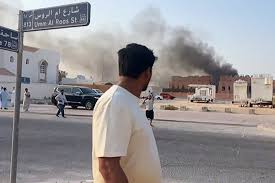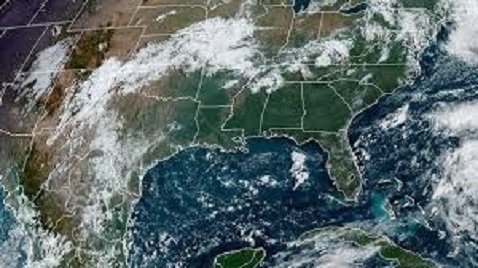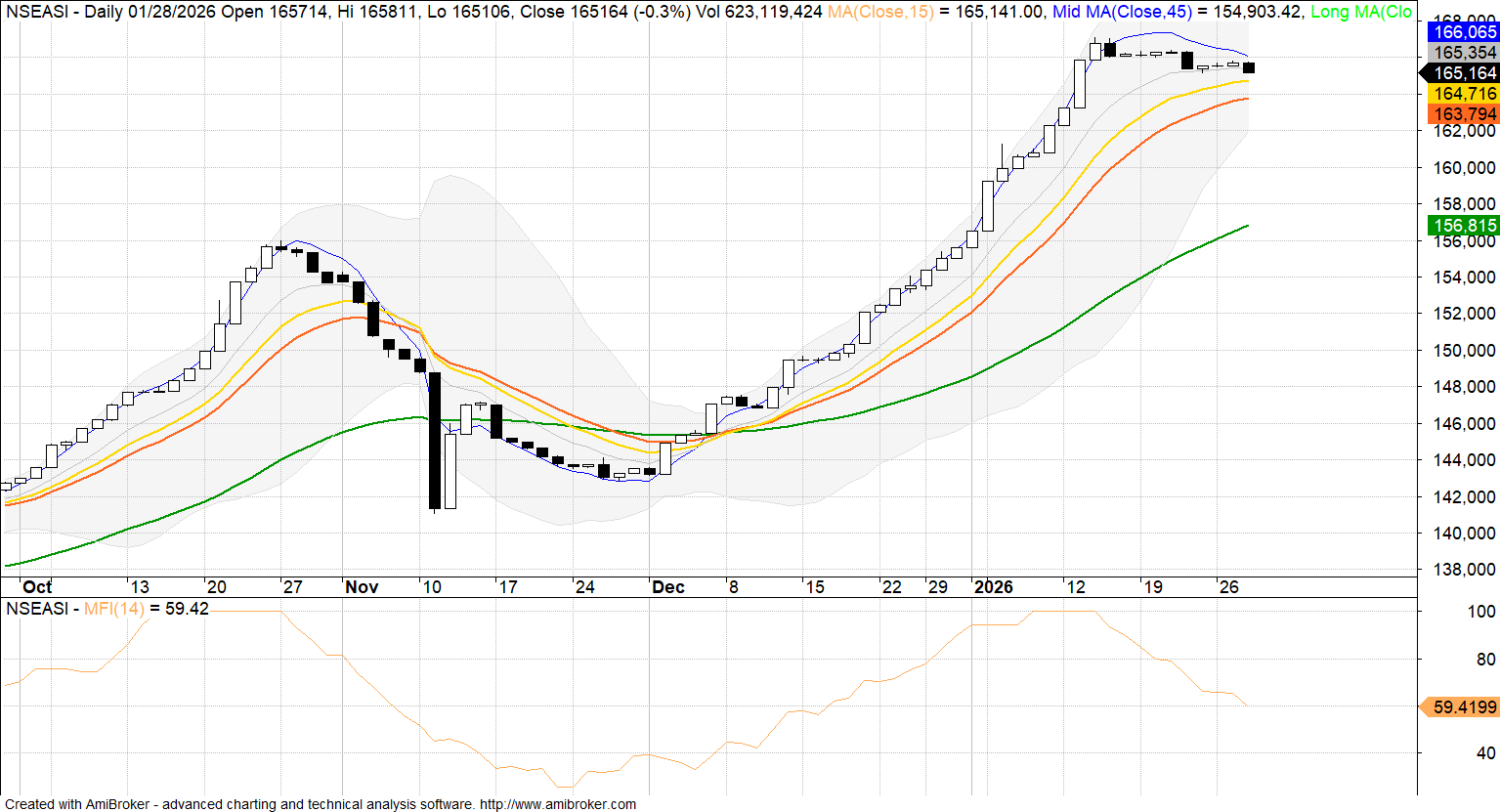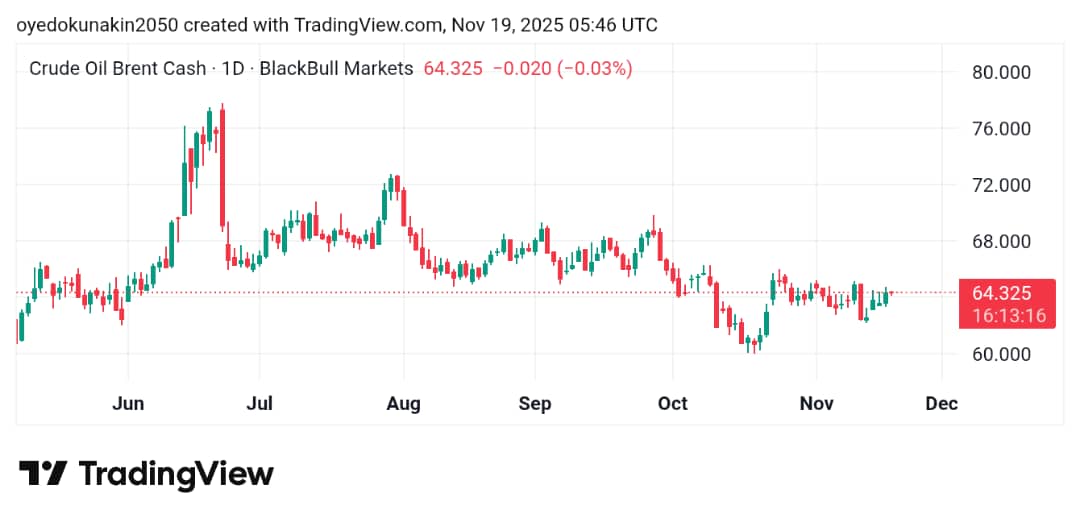
Akintunde Oyedokun
Research Analyst
Oil prices advanced on Tuesday, boosted by escalating tensions in the Middle East after Israel reported striking Hamas leaders in Doha, Qatar. Brent crude climbed 1.5% to $66.99 a barrel by 13:21 GMT, having hit an intraday high of $67.27, while U.S. West Texas Intermediate rose 1.5% to $63.18 after touching $63.52.
The rally was underpinned by a modest OPEC+ production increase, expectations of continued Chinese stockpiling, and renewed fears of sanctions that could disrupt Russian crude supplies, keeping the market on edge.
Small-Business Confidence Rises In August, Hiring Challenges Remain
U.S. small-business sentiment improved in August as more owners anticipated higher sales, pushing the NFIB Small Business Optimism Index up 0.5 points to 100.8.
Yet, labor shortages remain a drag, with 32% of businesses reporting job openings they couldn’t fill — a problem most severe in construction. NFIB said 21% of owners still consider labor quality their biggest obstacle.
China’s Producer Deflation Narrows, Consumer Prices Slip
China’s factory-gate deflation slowed in August as the Producer Price Index fell 2.9% year-on-year, improving from July’s 3.6% drop and signaling that efforts to curb price wars in key sectors are gaining traction.
Consumer prices, however, dropped 0.4% — the fastest decline in six months — reflecting food price volatility, though core inflation climbed to its highest level in over two years, hinting at a gradual demand recovery.
Ethiopia Launches Africa’s Largest Dam Amid Egypt Tensions
Ethiopia has fully inaugurated the $5 billion Grand Ethiopian Renaissance Dam, now producing 5,150 MW and ranking among the world’s top 20 hydro projects. Prime Minister Abiy Ahmed said the dam aims to electrify Ethiopia and supply power to the region, not harm Egypt or Sudan.
The project, which flooded an area larger than Greater London, is expected to boost irrigation and curb floods. Egypt and Sudan, however, fear it could cut their water supply during droughts, keeping tensions high since construction began in 2011.
Nigeria Defers 5% Fuel Levy To January To Cushion Hardship
Nigeria’s Finance Minister Wale Edun says the new 5% fuel surcharge will only take effect from January 1, giving citizens a reprieve as the government weighs the impact of rising living costs.
The levy, covering petrol, diesel, and other fossil fuels, is part of the Nigeria Tax Act signed in June to streamline tax rules and raise revenue. Edun clarified it is not a new tax but an update of a 2007 law for greater transparency.
The delay comes as President Bola Tinubu’s economic reforms—subsidy removals and naira devaluations—have driven up inflation, sparking public concern over worsening household expenses.












